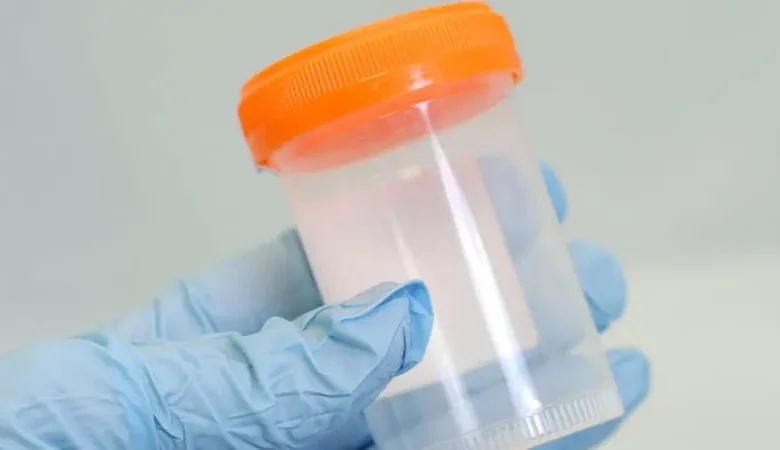What Diseases Does a Full Stool Analysis Reveal, and What Are Its Types?

A doctor may request a full stool analysis when suspecting certain health issues related to the digestive system, as it can be used to diagnose many conditions.
The decision to request a full stool analysis depends on the patient’s medical history, accompanying symptoms, and potential diagnosis. The doctor should explain the reasons for the test and how to collect and deliver the sample to the laboratory. Stool testing may be requested as part of routine screening to detect any general signs of digestive system health.
What Is Stool Analysis?
A full stool analysis is a medical procedure in which a sample of stool is examined to assess the health of the digestive system. Stool analysis is one of the common methods for diagnosing digestive system diseases. This test provides important information about the function of the digestive system and the components of stool.
Stool analysis is performed in medical laboratories and should be directed by a doctor based on symptoms and diagnosis. You may be asked to take a stool sample at home and deliver it to the laboratory for testing.
What Diseases Does Stool Analysis Reveal?
Stool analysis can reveal several diseases and disorders related to the digestive system, including:
- Ulcerative colitis and Crohn’s disease.
- Intestinal diarrhea, whether viral, bacterial, or parasitic.
- Disorders in bowel movements and decreased levels of fats and digestive enzymes, which may indicate digestion and absorption problems.
- Intestinal parasites such as pinworms and other parasites through stool analysis.
- Discovery of some food poisoning-causing microbes through stool analysis.
- Digestive and fat absorption disorders.
Types of Stool Analysis
According to the Digestive Health UK website, there are several common types of stool analysis that a doctor may request, including:
- Full stool analysis.
- Hidden blood test.
- Bacteria and parasite analysis such as pinworms, amoebas, and giardiasis.
- Intestinal virus testing such as rotavirus and norovirus.
- Fat and digestive enzyme testing.
- Large intestine examination.
Reasons for Stool Testing
A doctor may request stool testing for several reasons, as mentioned on the healthdirect website, including:
- Diagnosing a wide range of intestinal diseases and disorders, such as ulcerative colitis, irritable bowel syndrome, allergic colitis, and bacterial or viral intestinal inflammation.
- Detecting intestinal parasites such as pinworms, amoebas, and giardiasis.
- Discovering hidden blood to examine colon and upper intestinal functions.
- Evaluating digestive and absorption functions.
- Examining the large intestine to evaluate the presence of beneficial bacteria in the digestive system.
How to Interpret Stool Test Results
Interpreting stool test results requires understanding some indicators that may appear in the test report, including:
- Stool appearance: The report may include a description of the stool’s color, consistency, and the possible presence of impurities such as blood or parasites.
- Presence of hidden blood: The presence of hidden blood in the stool can be assessed using a hidden blood test. If the result is positive, there may be a possibility of intestinal bleeding or another issue requiring further follow-up.
- Presence of bacteria or parasites: If stool is tested for bacteria or parasites, the results may indicate the presence of these harmful microbes. The results should be interpreted based on the type of microbe and its level of presence.
- Levels of fats and digestive enzymes: If levels of fats and digestive enzymes are measured in the stool, the results can provide insight into the function of digestion and absorption in the digestive system.
- Evaluation of the large intestine: If stool is analyzed to assess the presence of beneficial bacteria, the results may show the presence of these bacteria and their bacterial composition in the stool.
In conclusion, it is preferred to perform a full stool analysis when any digestive disorders occur to search for signs of infection, such as intestinal bacteria causing these disorders.












